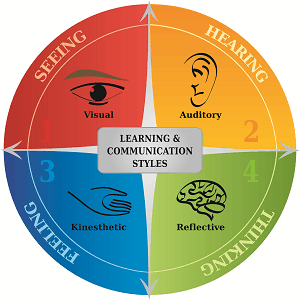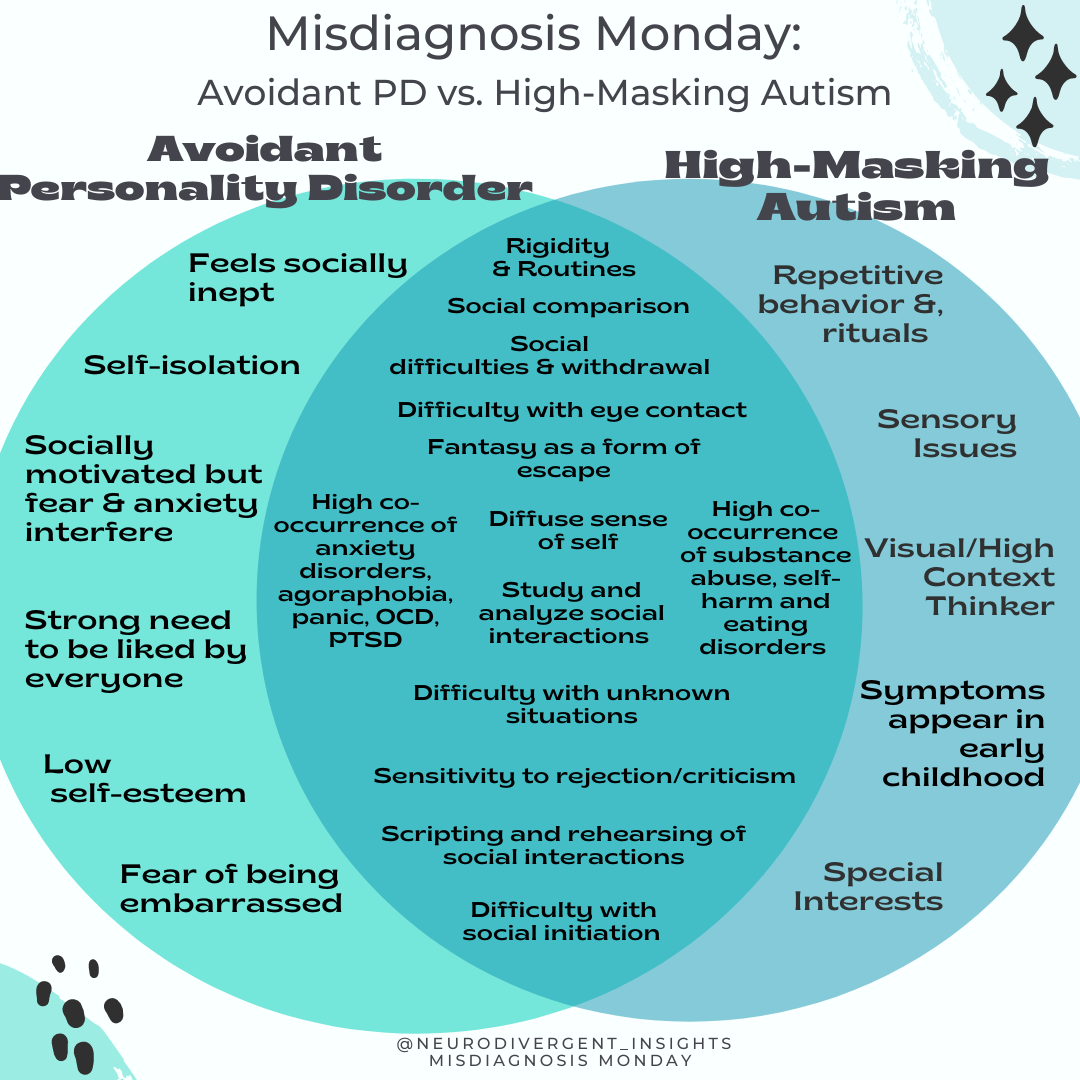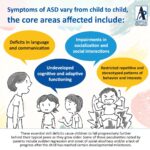Discover the intriguing connection between parenting styles and autism in our eye-opening article that delves deep into this highly debated topic. Can the way you raise your child influence the development of autism? Our well-researched, evidence-based content sheds light on this complex issue, analyzing the potential impact of various parenting approaches on the autism spectrum. Join us as we explore the world of parenting and autism, arming you with valuable insights and empowering you to make informed decisions for your family’s well-being. Don’t miss out on this vital information – read on to uncover the truth behind the link between parenting style and autism.
Examining the Relationship between Parenting Styles and Autism Spectrum Disorder: Facts and Myths

In this section, we delve into the complex relationship between parenting styles and Autism Spectrum Disorder (ASD), separating facts from myths. It is essential to debunk the outdated belief that certain parenting styles, such as the so-called “refrigerator mother” theory, can cause ASD. Instead, scientific evidence points towards a combination of genetic and environmental factors as the primary drivers of autism. Understanding the true causes of ASD helps combat misinformation and stigmas surrounding the disorder while empowering parents to implement effective strategies for supporting their autistic children. By focusing on fostering a nurturing and responsive environment, parents can positively influence their child’s development and overall well-being.
The Influence of Parental Behavior on Autism Development: Understanding the Science and Debunking Misconceptions

In recent years, there has been a significant rise in Autism Spectrum Disorder (ASD) diagnoses, leading to increased speculation about potential causes. One area of debate surrounds the influence of parental behavior on autism development. It is crucial to understand the scientific evidence and debunk misconceptions that may unfairly blame parents or create unnecessary guilt. Research has consistently shown that autism is primarily caused by genetic factors and not by parenting styles. While certain environmental factors may contribute, there is no evidence to support the notion that one’s approach to parenting can cause ASD. It is essential to foster a supportive and understanding environment for families affected by autism, rather than perpetuating unfounded theories that could increase stress and anxiety.
Exploring the Potential Impact of Parenting Techniques on Autism Risk: Separating Fact from Fiction

In our quest to understand the potential impact of parenting techniques on autism risk, it’s crucial to separate fact from fiction. Many misconceptions surround the role of parenting in autism development, often causing undue stress and guilt for parents. Research has consistently shown that autism is primarily a genetic disorder, with environmental factors playing a supporting role. Current evidence does not support the idea that specific parenting styles or behaviors cause autism. It is essential to rely on accurate information and scientific evidence when discussing the potential link between parenting and autism risk, ensuring that parents are well-informed and not burdened by unfounded myths.
The Role of Genetics and Environmental Factors in Autism: How Parenting Styles May or May Not Contribute

The role of genetics and environmental factors in autism has been a topic of extensive research and debate, with parenting styles often being scrutinized. While it is widely accepted that genetics play a significant role in autism development, environmental factors, including parenting styles, may also contribute to a lesser extent. However, it’s essential to understand that no specific parenting style has been proven to cause autism. Instead, it’s a complex interplay of genetic predispositions and environmental influences that may increase the risk of autism. By keeping this in mind, it’s crucial not to place blame on parents for their child’s autism diagnosis, but rather, focus on understanding the various factors that can contribute to this neurodevelopmental disorder.
Nurturing the Autism Spectrum: Assessing the Effects of Different Parenting Approaches on ASD Development and Outcomes

Exploring the connection between parenting styles and Autism Spectrum Disorder (ASD) development is crucial to understanding the potential impact of parental nurturing on ASD outcomes. The blog post delves into various parenting approaches, including authoritative, authoritarian, and permissive styles, and examines their effects on children with ASD. By evaluating these diverse strategies, the blog aims to provide valuable insights for parents and caregivers on fostering a supportive environment for children on the autism spectrum. Ultimately, this information can empower families to make informed decisions about the best parenting practices for nurturing a child with ASD, enhancing their overall well-being and development.




